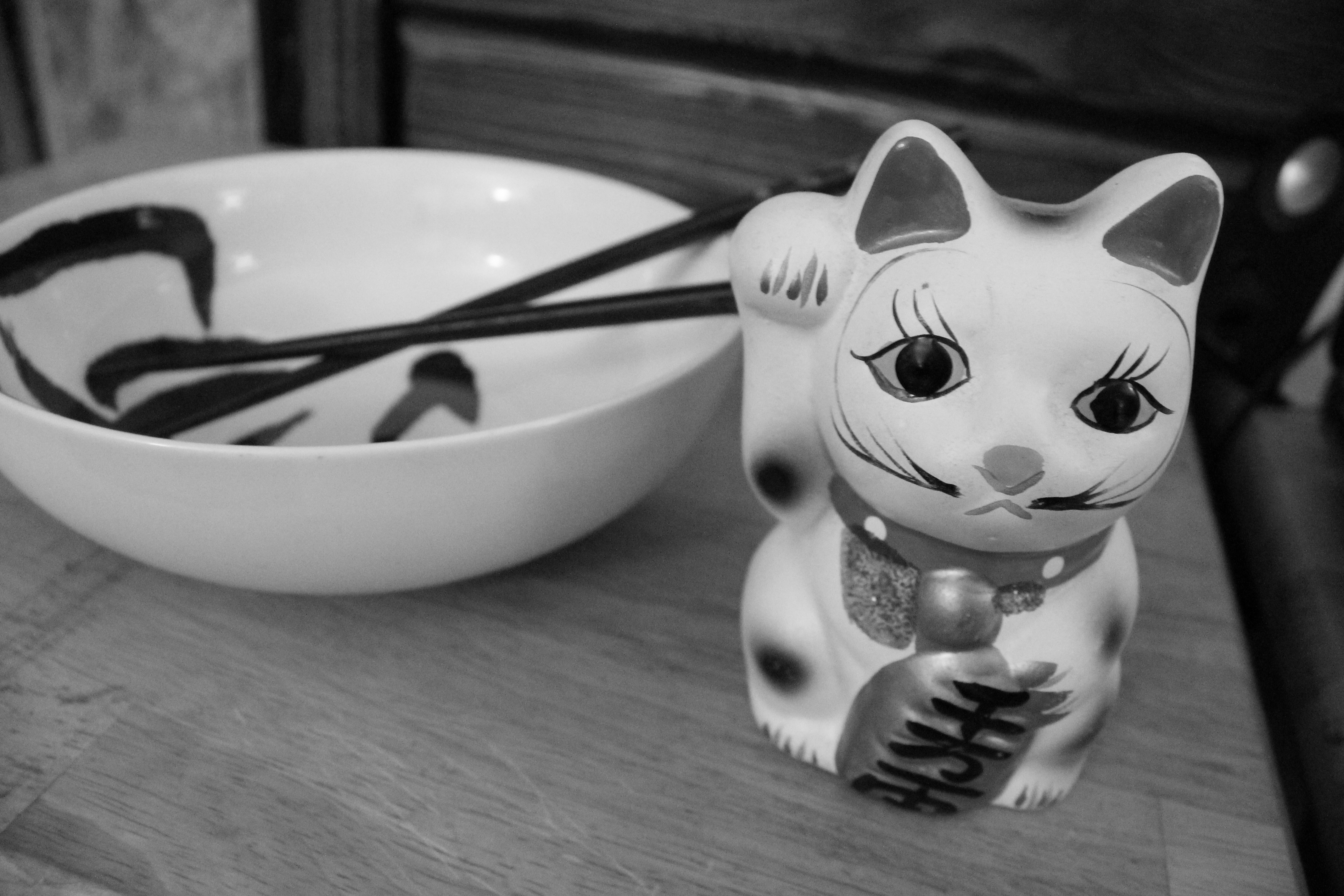When it comes to okane (お金, money), the Japanese have always been a little ambivalent. For one thing, what do we call it? The character for kane (金) does mean cash but it can also mean gold, metal and many other things that glitter. People also refer to money as oashi (お足, literally: "reverent legs," meaning money will run off if you're not careful), sakidatsumono (先立つもの, the top priority), maruimono (丸いもの, the round thing), just to name a few.
Prominent Japanese keizaigakusha (経済学者, economists) have pointed out that the national brand of capitalism is often vague, antiquated and driven by tradition instead of market logic. In short, money in this country is a hitosujinawadewa ikanai (一筋縄ではいかない, torturously complicated) phenomenon.
Lately, however, money is becoming clearer in our minds, thanks to "Abenomics," with its set-in-stone enyasu, kabudaka (円安株高, weak yen, high stock market). We also understand that this benefits the wealthy but screws pretty much everyone else, prompting us to prepare for the bone-chilling effects of a chōkakusa shakai (超格差社会, super income-gap society).



















With your current subscription plan you can comment on stories. However, before writing your first comment, please create a display name in the Profile section of your subscriber account page.